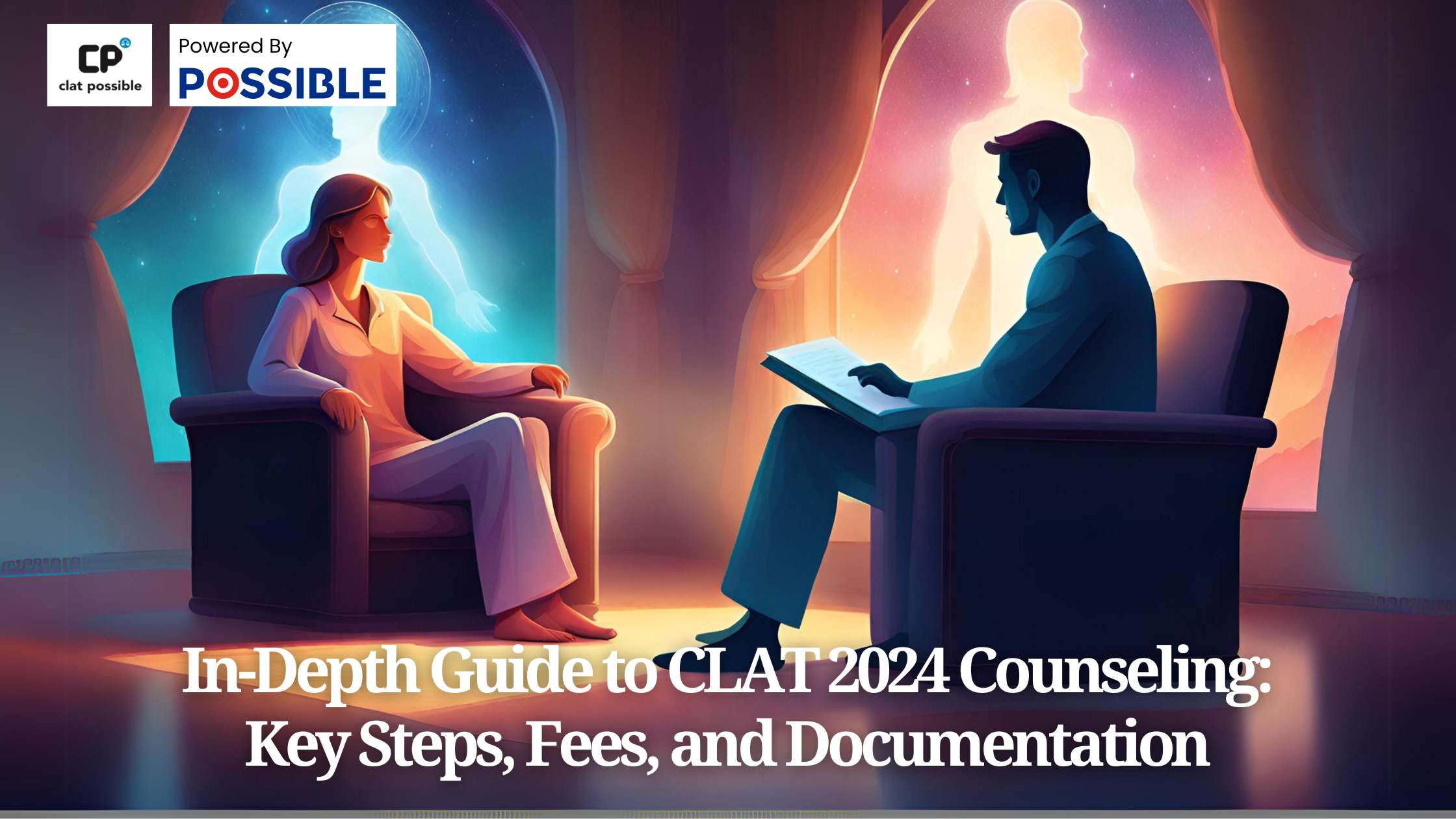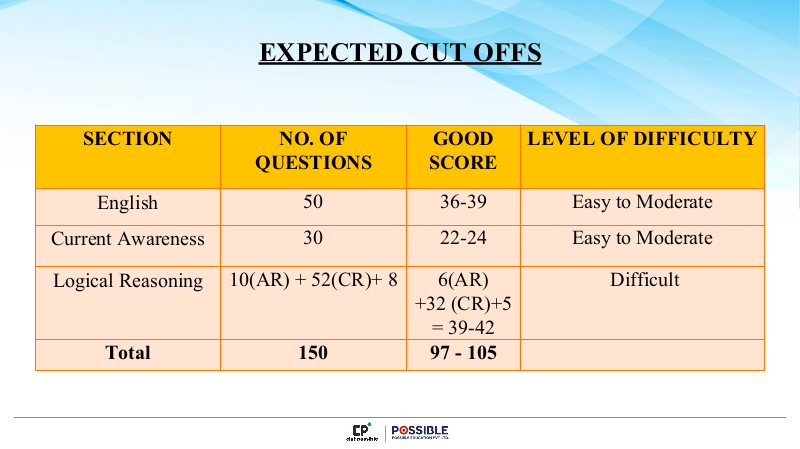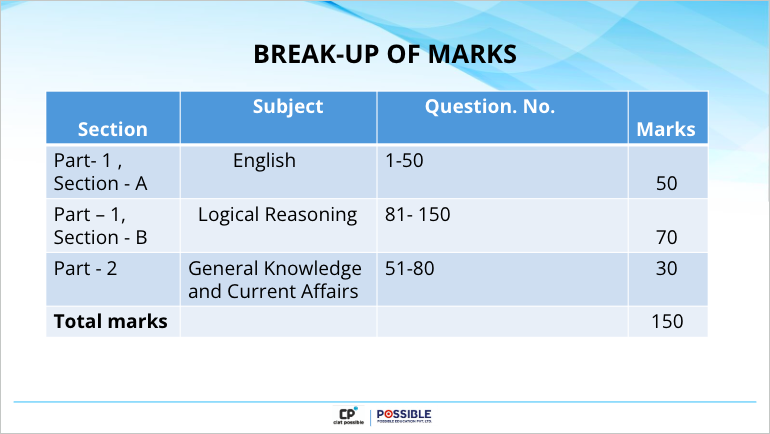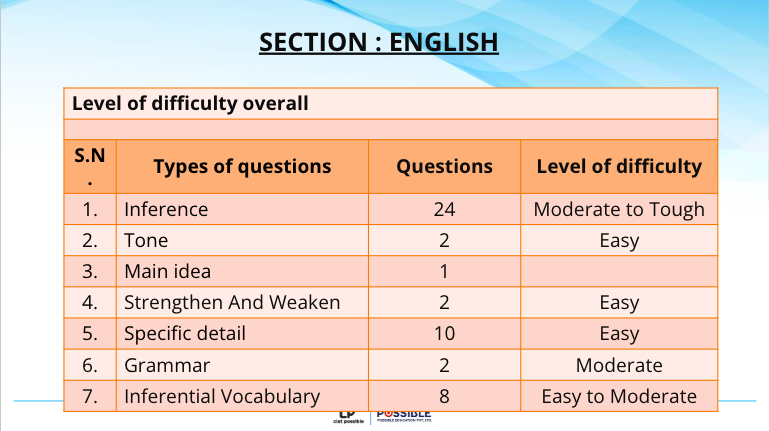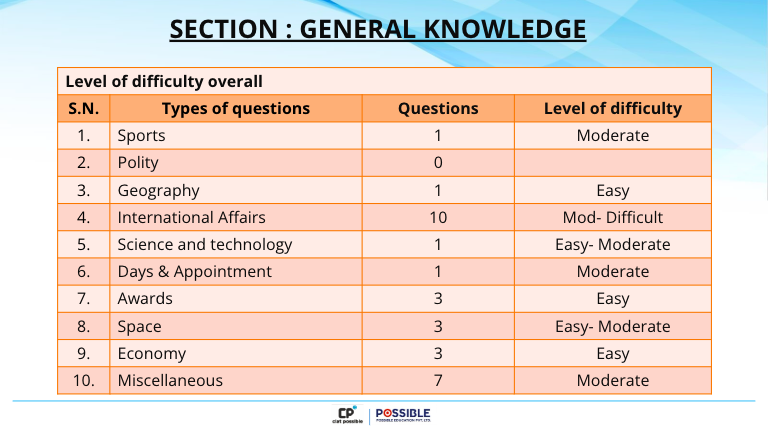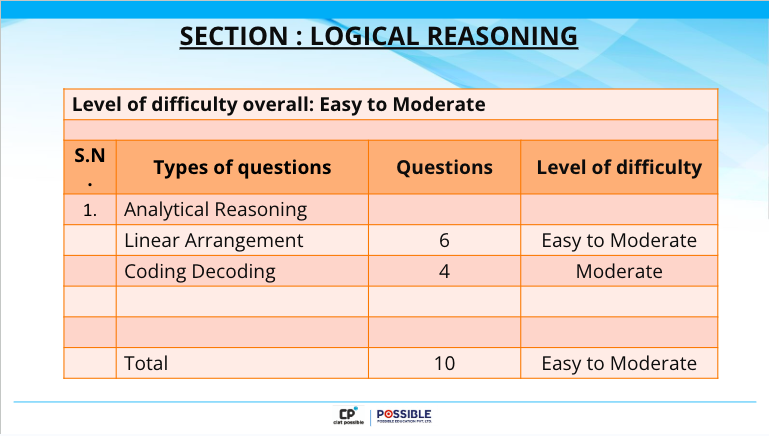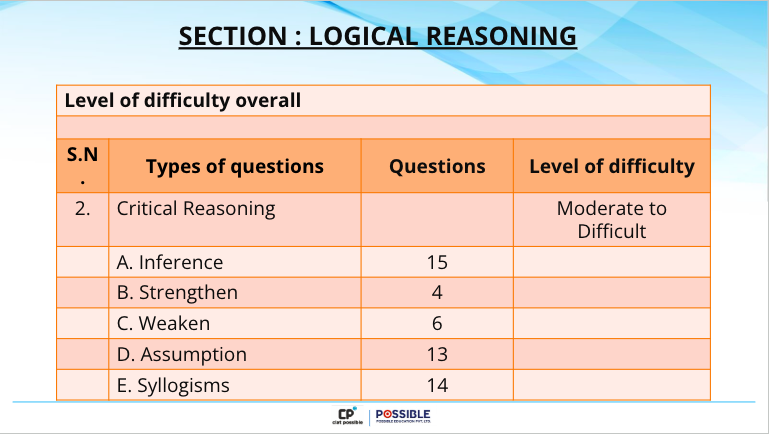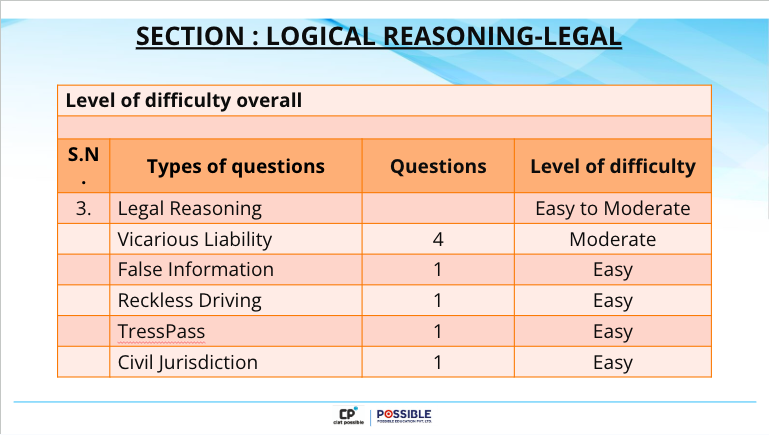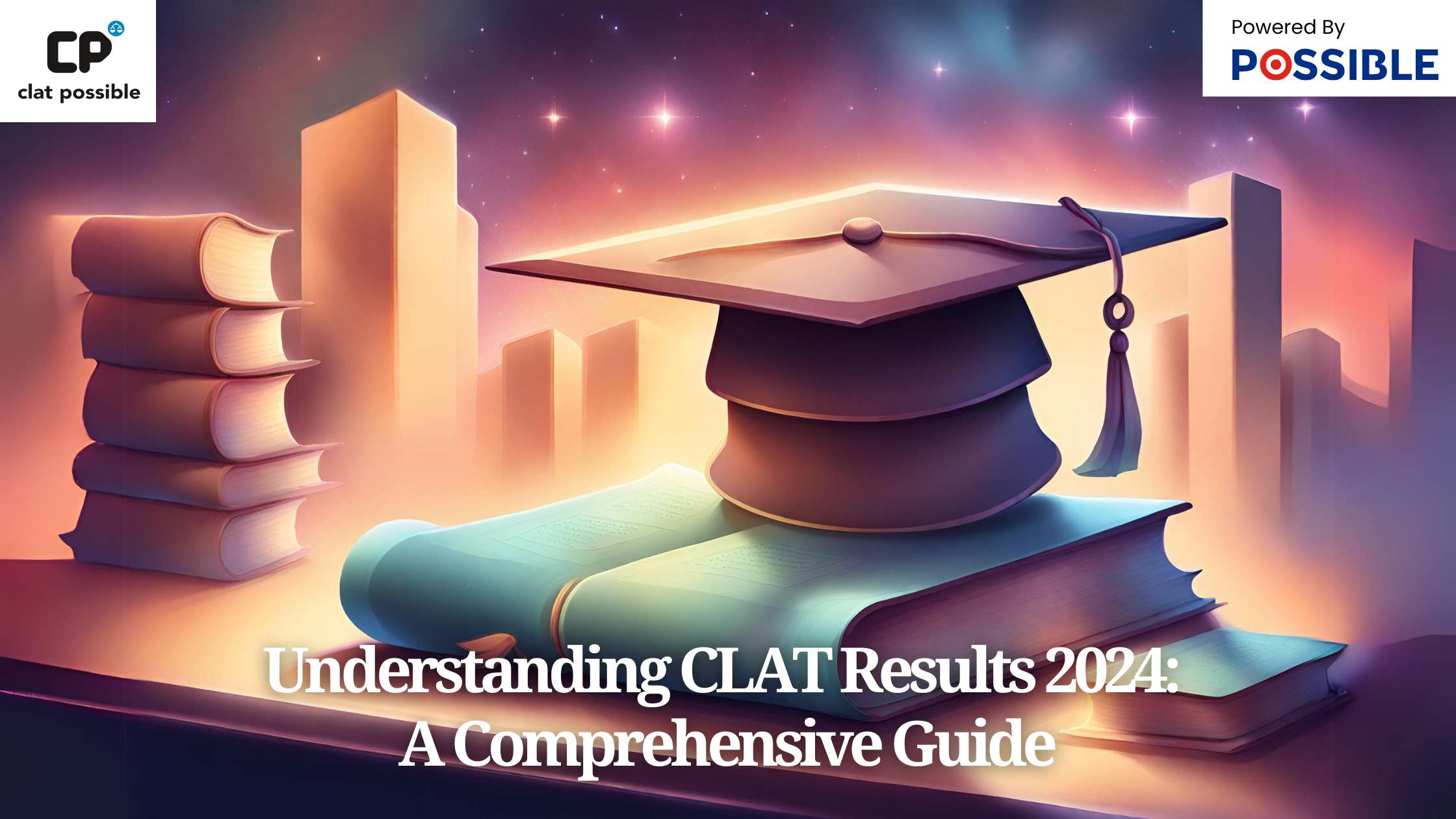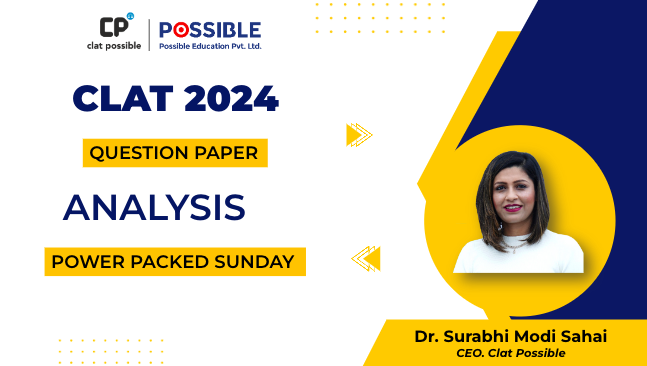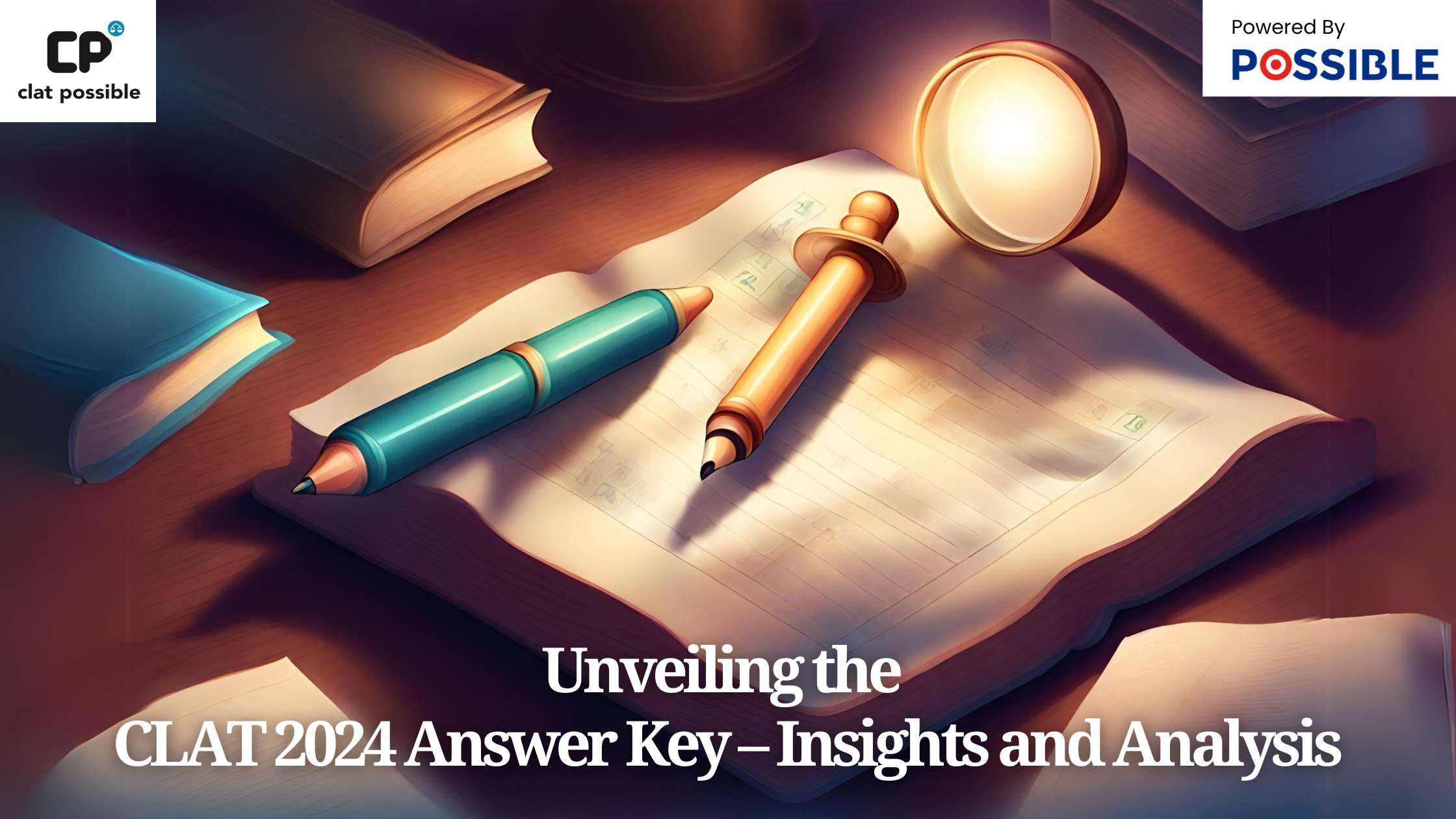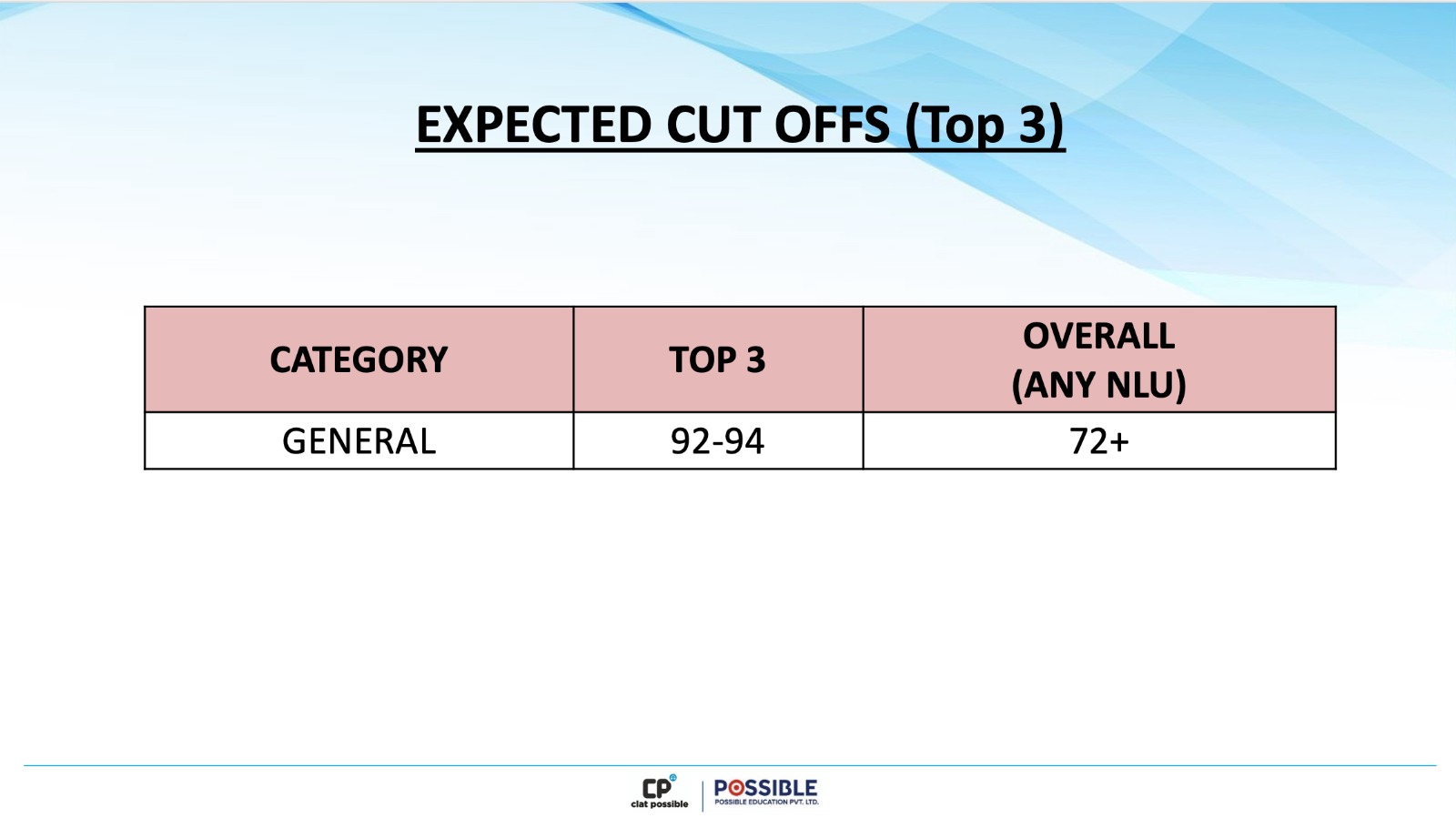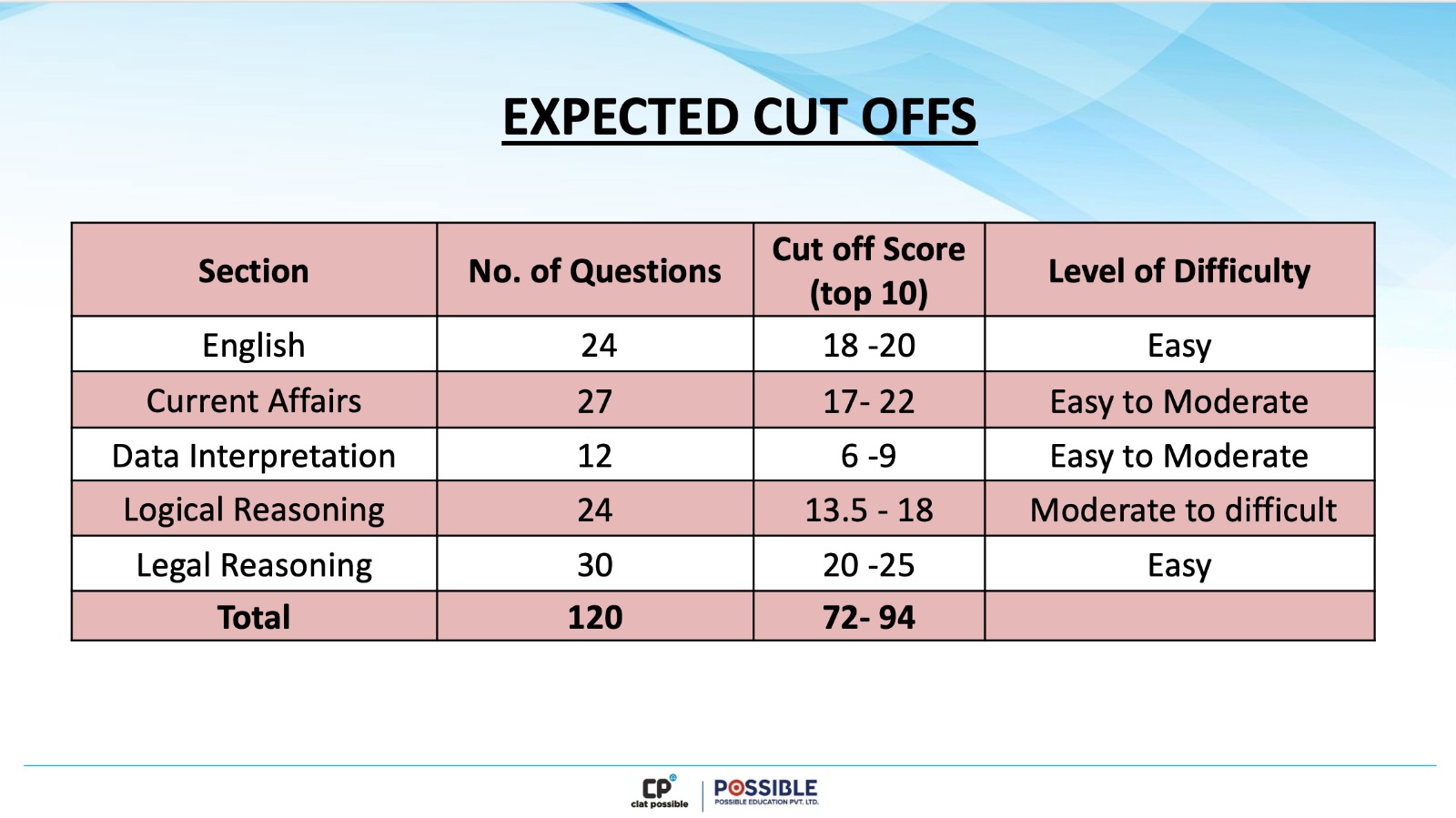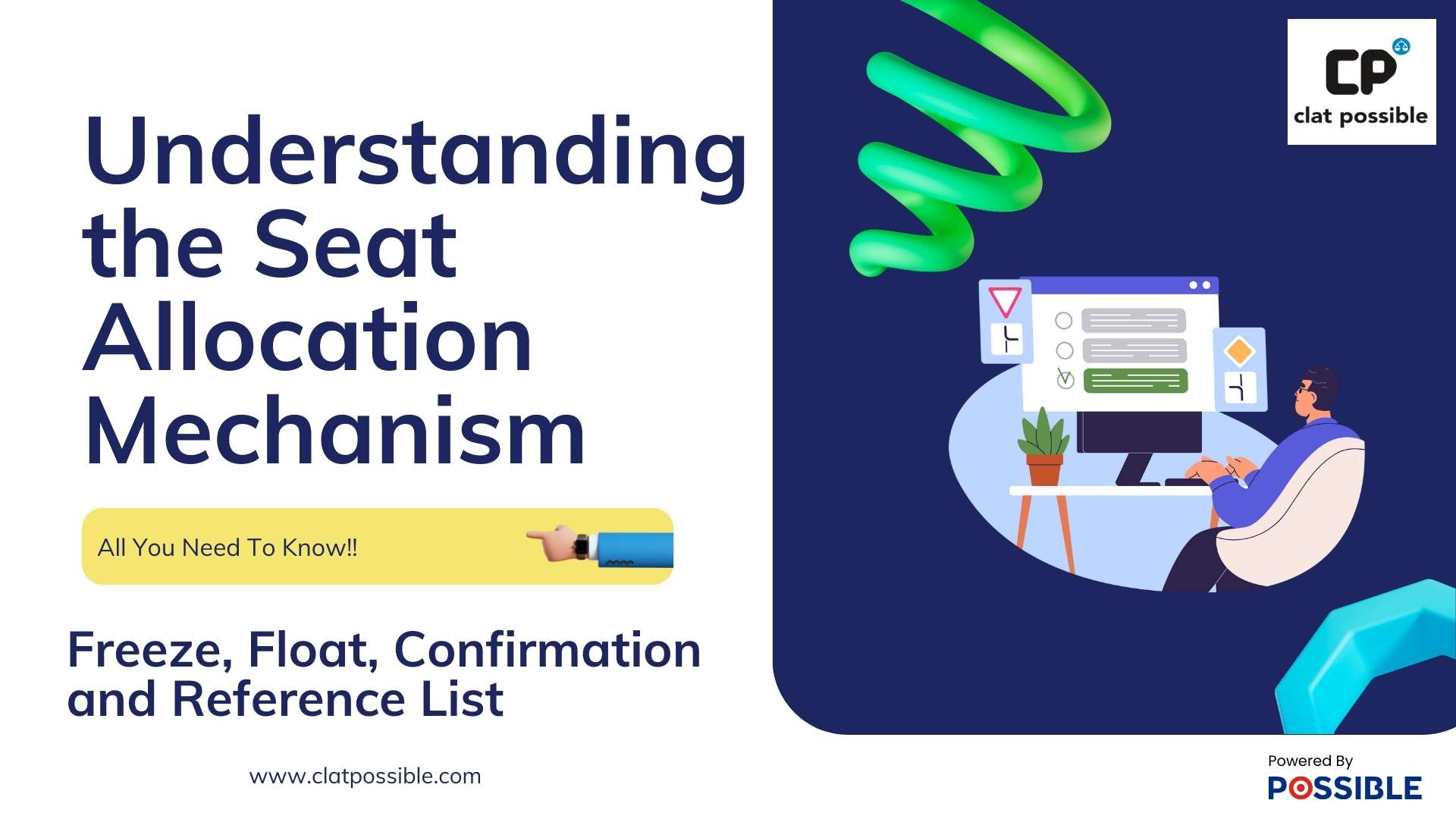
Introduction
Embarking on a journey to become a law student in India is an exciting prospect, and the Common Law Admission Test (CLAT) is a significant milestone in this journey. As we approach CLAT 2024, it’s crucial to understand the intricacies of the counseling and allotment process. This blog aims to demystify the CLAT 2024 counseling, including the first allotment list, and the process of selecting your preferred National Law Universities (NLUs).
The First Allotment List and Counseling Commencement
The journey begins with the release of the first allotment list on December 26. This list is the gateway for candidates aspiring to join the 5-year LLB and LLM programs across all participating NLUs. Simultaneously, the counseling process kicks off. It’s important to note that the counseling registration ends on December 20 at 10 PM, so mark your calendars to avoid missing this critical deadline.
The counseling process, commencing on December 26, is conducted through an online centralized system. The notification for the counseling registration was released earlier on December 11, 2023. To participate, you’ll need to pay a registration fee, which is set at Rs 30,000 for the general category and Rs 20,000 for reserved categories.
You can also watch a detailed video of the entire process!
Allotment Lists and Confirming Your Place
Once the first allotment list is out, you will need to pay a fee to confirm your place. This fee payment window is from December 26 at 10 AM to January 2 at 1 PM. Subsequent allotment lists follow, each with their specific fee payment schedules. It’s a process that requires prompt action and close attention to dates.
Choosing the Right NLU for You
An essential part of the CLAT process is selecting your preferred NLUs. This should be done during the CLAT 2024 application process, where you are required to list a minimum of five NLUs in order of your preference. Access to this feature is through your CLAT account, and it’s a decision that requires thoughtful consideration as you will only be considered for admission in your preferred NLUs.
Step-by-Step Guide to NLU Preferences
Updating your NLU preferences is a straightforward process. First, log in to your CLAT 2024 account with your credentials. Then, navigate to the ‘update preferences’ tab in your account’s dashboard. Here, you can fill in and arrange your NLU choices according to your preference and priorities.
Understanding the CLAT Counselling Process
The CLAT counseling process is a multistep journey, beginning with the declaration of results. Only candidates on the invite list can participate in this process. It involves registering by providing your basic details and educational qualifications, followed by the payment of the counseling fee, which is crucial for completing your registration. The fee structure is Rs. 30,000 for the General category and Rs. 20,000 for SC/ST.
Seat allotment is then conducted based on candidates’ ranks and preferences, spanning multiple rounds. After the allotment and document verification, you’ll need to pay the admission fee and finally report to your allocated college to complete the admission formalities.
Seat Allocation Process
The seat allocation process is based on eligibility, with only those who have completed the counseling registration being considered. The seats are allocated based on candidates’ ranks and NLU preferences. After the initial allocation, candidates have the option to accept the allocated seat, opt for an upgrade, or exit the seat allotment process.
Understanding Your Options: Freeze, Float, and Exit
During counseling, you have three options: Freeze, Float, and Exit. The ‘Freeze’ option is for confirming your current seat allotment if you’re satisfied with the allocated NLU and are not interested in further rounds. The ‘Float’ option is for those willing to consider higher-preference NLUs while keeping the current seat. And the ‘Exit’ option is for candidates deciding not to continue with the CLAT counseling process.
Post-Allotment: Completing Your NLU Admission
Once you have your seat allotment, the next steps involve paying the admission fee as per the NLU’s requirements, verifying your documents, and confirming your seat. The NLUs also conduct an orientation and induction program to familiarize new students with their academic environment.
FAQs
When is the CLAT 2024 first allotment list published?
The first allotment list for CLAT 2024 will be published on December 26.
What is the fee for CLAT 2024 counseling registration?
The fee is Rs 30,000 for the general category and Rs 20,000 for reserved categories.
How many NLUs should I list in my preferences?
You are required to list a minimum of five NLUs in your preferences.
What are the options available post-seat allocation?
Post-seat allocation, you can choose to ‘Freeze’, ‘Float’, or ‘Exit’ the counseling process.
Where can I update my NLU preferences?
You can update your NLU preferences in the ‘update preferences’ tab in your CLAT account dashboard.
Conclusion
Navigating the CLAT 2024 counseling process requires diligence and timely decision-making. By understanding each step of the process and preparing accordingly, you’ll be well on your way to securing a place in one of India’s prestigious NLUs. Remember, the key to a successful CLAT journey is being informed, prepared, and proactive.
For more informative blogs on CLAT updates, Click Here!



